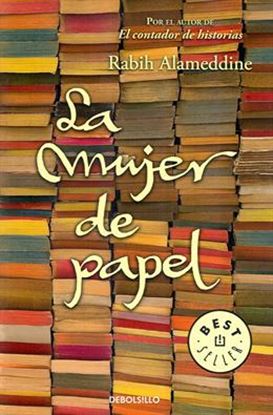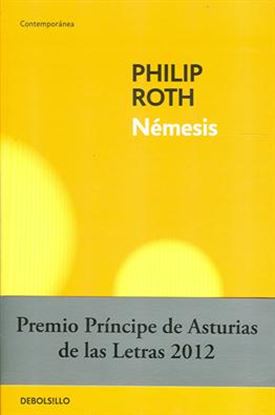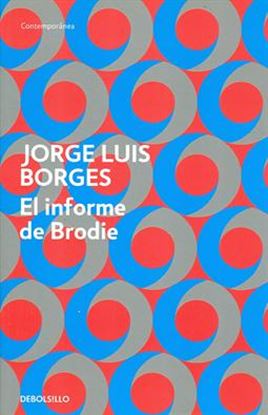

LIBRO DE SUEÑOS (BOL)
En este volumen, Borges presenta relatos de paisaje onírico de distintas épocas y documenta lo que ha soñado el hombre desde que es hombre, discurriendo por el sendero que va de las primeras civilizaciones a Kafka, revisando los trances proféticos del Antiguo Testamento, las epopeyas clásicas o la filosofía china. Una fabulosa antología, en definitiva, que consagra el sueño como el más antiguo y complejo de los géneros literarios.
750
563
LA MUJER DE PAPEL (BOL)
En la persona de la anciana Aaliya confluye el pasado y el presente de Beirut. Vive en una ciudad asediada por la violencia y el dolor, pero escapa de su terrible realidad gracias a la literatura. Huérfana de padre y repudiada por un marido al que nunca quiso, ha pasado la mayor parte de su vida leyendo en una librería y traduciendo en la soledad de su casa las grandes obras de la literatura de todos los tiempos a razón de una al año. Citas y títulos de Pessoa, Nabokov, Javier Marías o Italo Calvino desfilan y entretejen estas páginas, que repasan la historia reciente de Líbano y abren una puerta a la vida íntima de sus habitantes.
750
563
NEMESIS (BOL)
El protagonista de Némesis es Bucky Cantor, un joven de veintitrés años responsable de las actividades al aire libre de los alumnos de una escuela de Newark, Nuevajersey. Este lanzador de jabalina y levantador de pesas vive volcado en sus pupilos, frustrado por no haber ido a la guerra a causa de un defecto de visión. Cuando la polio empieza a asolar el patio de recreo, Roth se concentra en los dilemas de Cantor y en las realidades cotidianas a las que este se enfrenta, y nos conduce a través de todas las emociones que una epidemia semejante puede engendrar: el miedo, el pánico, la cólera, el desconcierto, el sufrimiento y el dolor.
750
563
FLORES BAJO LA LLUVIA (BOL)
En esta magnífica colección de relatos, Rosamunde Pilcher explora con extraordinaria sensibilidad y talento las diversas facetas del alma humana.
Una joven a punto de contraer matrimonio recibe unos consejos sorprendentes de su abuela; un niño pequeño se ve obligado a asumir las responsabilidades del cabeza de familia; un marido joven intenta revivir las experiencias de soltero... Historias de pequeños dramas domésticos, relatos de amor e infortunio, de felicidad y desesperación...
750
563
EL INFORME DE BRODIE (BOL)
Gran parte de estos cuentos giran en torno al cumplimiento de un destino que se repite y que suele prefigurar un enfrentamiento. A veces los protagonistas son los hombres, como en «El otro duelo» o «Guayaquil»; otras son sus armas: dos cuchillos que se buscan largamente hasta por fin encontrarse y pelear. También puede ocurrir, como en «Historia de Rosendo Juárez», que en ese enfrentamiento uno se convierta en espejo del otro, uno sea él mismo y su enemigo. O que, como le sucede a Brodie, el otro le produzca horror y fascinación. Once relatos en los que el autor dice haber encontrado su verdadera voz: «La ya avanzada edad me ha enseñado la resignación de ser Borges».
750
563














